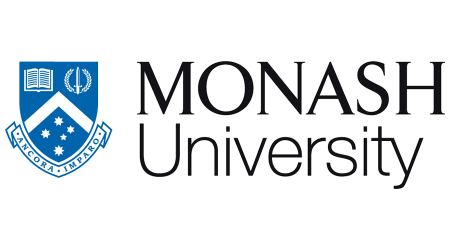
Upcoming event: seminar at Monash University (Helen Fraser, Debbie Loakes and Lauren Harrington)
On Tuesday March 21st, the Hub will be giving a seminar at Monash University: Can the new generation of automatic speech recognition systems solve problems of forensic transcription – and what does the process of answering this question teach us about the human language capacity?
Helen Fraser, Debbie Loakes, Lauren Harrington*
Research Hub for Language in Forensic Evidence (*PhD student visiting the Hub from The University of York, England)
Many in linguistics are aware of problems that can arise in transcribing indistinct forensic audio (Burridge, 2017). One solution commonly suggested by lawyers and others is to use a computer-generated transcript instead of one created by humans. It seems to be assumed that this would reduce bias. However this shows misunderstanding in several ways. First, automatic speech recognition systems themselves embody certain forms of bias that can affect their performance. Second, human speech perception relies on ‘priming’, a kind of contextual expectation, related to but distinct from bias – and, importantly, not available to computers. Our presentation shares results of three experiments that show automatic systems performing surprisingly badly on poor quality audio (Loakes 2022; Harrington et all 2022; Harrington under review), and discusses their implications in light of recent discussion of developments in artificial intelligence (see references).
This will be held at 11am (until 12.30pm) in E561, Menzies Building, or you can join via Zoom (contact Hub members for the link by Monday 20th March).
References
Bender, E. 2022. Resisting dehumanisation in the age of AI. Cognitive Science Society.
Burridge, K. 2017. The dark side of mondegreens: How a simple mishearing can lead to wrongful conviction. The Conversation.
Fraser, H., & Loakes, D. 2020. Acoustic injustice: The experience of listening to indistinct covert recordings presented as evidence in court. Law Text Culture, 24, 405–429.
Harrington, L. under review. Incorporating automatic speech recognition methods into the transcription of police-suspect interviews: Factors affecting automatic performance.
Harrington, L., Love, R. & Wright, D. 2022. Analysing the performance of automated transcription tools for covert audio recordings. [Poster] In: Conference of the International Association for Forensic Phonetics and Acoustics, Prague, July 10-13.
Kallens, P., Kristensen-McLachlan, R. & Christiansen, M. 2023. Large language models demonstrate the potential of statistical learning in language. Cognitive Science. 47 e13256
Loakes, D. 2022. Does Automatic Speech Recognition (ASR) have a role in the transcription of indistinct covert recordings for forensic purposes? Frontiers in Communication, 7 (Capturing Talk), 803452.
Preston, L. 2022 Becoming a chatbot: My life as a real estate AI’s human backup. The Guardian.